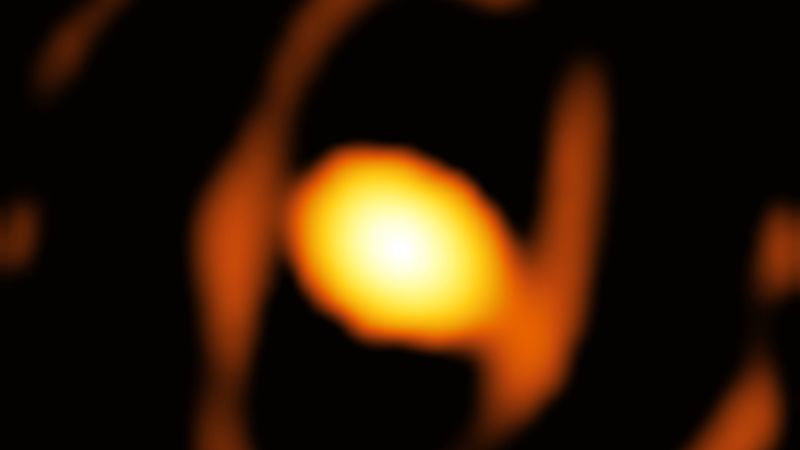
Astronautical Engineering
Astronautical engineering is a branch of aerospace engineering that deals with the design, development, and construction of spacecraft and related technology. It involves the study of various aspects of space travel, including propulsion systems, guidance and control systems, communication systems, and life support systems. Astronautical engineers work on a wide range of projects, from designing and building satellites and space probes to developing manned spacecraft for human spaceflight missions. They also play a key role in the development of space exploration technologies, such as space habitats and space tourism. Astronautical engineering requires a strong background in physics, mathematics, and engineering principles, as well as an understanding of the unique challenges of space travel, such as microgravity, radiation exposure, and extreme temperatures.
Your Previous Searches
Random Picks
- Microwave Ranging System: Microwave Ranging System (MRS) is a technology that uses microwave signals to determine the distance between two objects in space. MRS works by sending a microwave signal from one object to another and measuring the time it takes for the si ... Read More >>
- Degree: In space and astronautical engineering, degree refers to the measurement of an angle or inclination of a spacecraft or satellite relative to a reference plane. This measurement is important for determining the orientation and trajectory of ... Read More >>
- Space-based Technologies: Space-based technologies refer to the use of equipment, systems, and devices that are designed to operate in space or that rely on space-based assets to function. These technologies include satellites, spacecraft, and other vehicles that ar ... Read More >>
Top News

First close-up image of a star beyond our galaxy may reveal impending supernova...
Astronomers have taken the first close-up image of a star beyond our galaxy, and it’s a “monster star” surrounded by a cocoon as it slowly dies....
News Source: CNN on 2024-11-21

Bestselling author explains the science of happiness: "You can do the work"...
Bestselling author and Harvard professor Arthur Brooks opens up about how enjoyment, satisfaction and meaning in life can increase a person's wellbeing....
News Source: CBS News on 2024-11-18

November's full moon, known as the Beaver Moon, is the last supermoon of 2024. H...
November's full moon, known as the Beaver Moon, is the last supermoon of 2024. Here's when it peaks and why it's called the Beaver Moon....
News Source: CBS News on 2024-11-15

You can't put a price on the sense of awe particle physics inspires...
Astronomy and particle physics are no longer seen as vital by the US establishment, so funding has fallen. But our work creates a sense of wonder, and wonder matters, says Chanda Prescod-Weinstein...
News Source: New Scientist on 2024-11-13

If you want to stretch your gift game into days this holiday, check out these ad...
The advent calendar phenomenon is growing every year, with so many exciting, fun, beautiful, and delicious options available...
News Source: ABC News on 2024-11-04